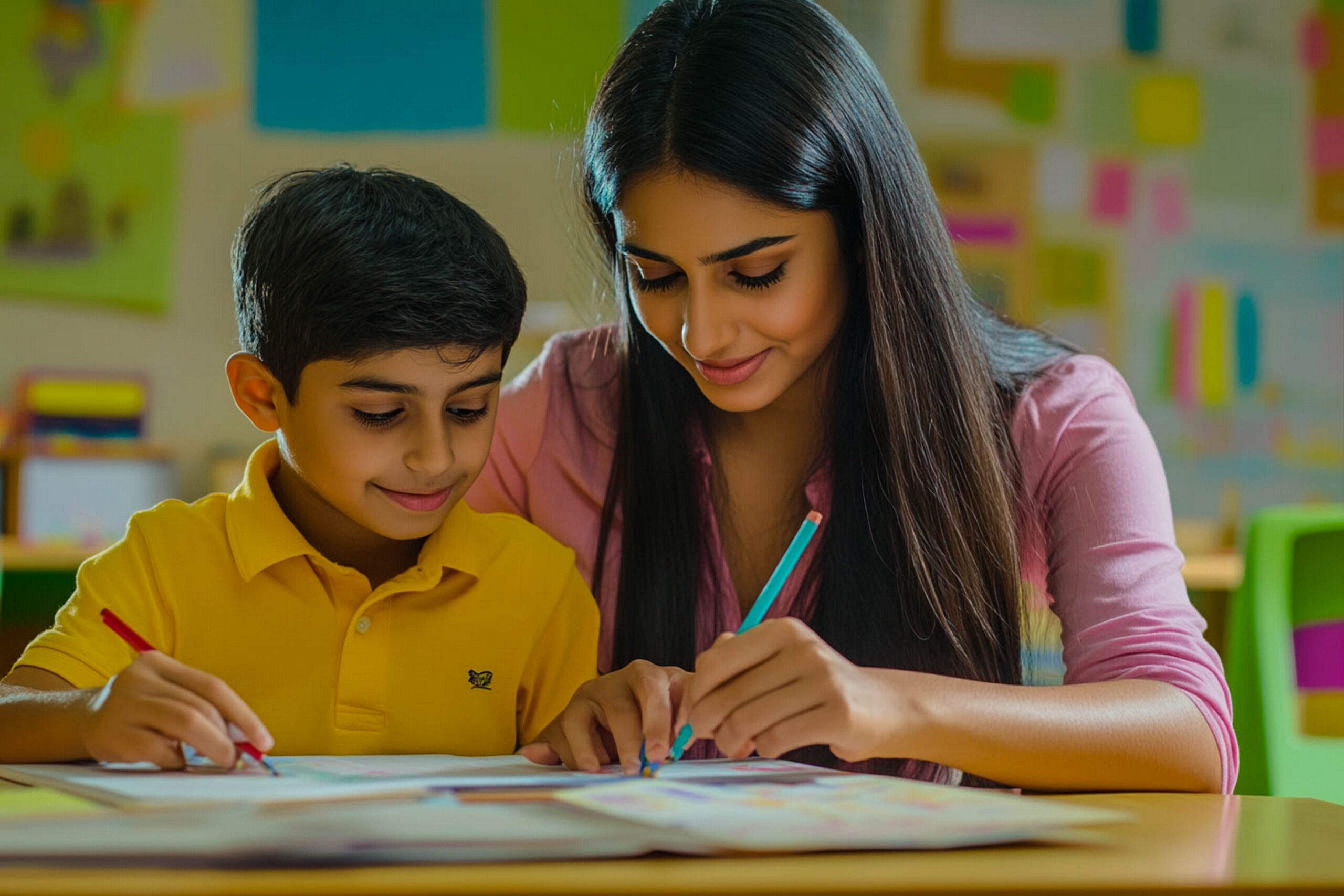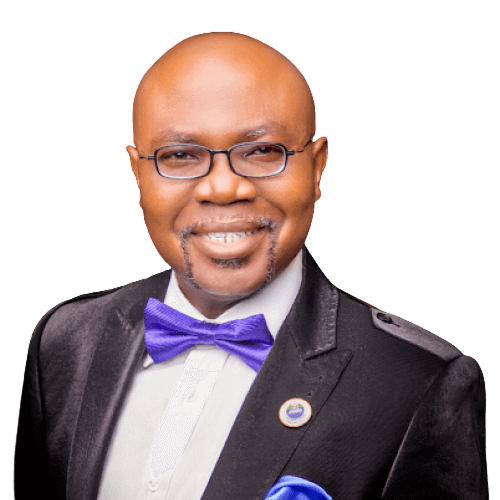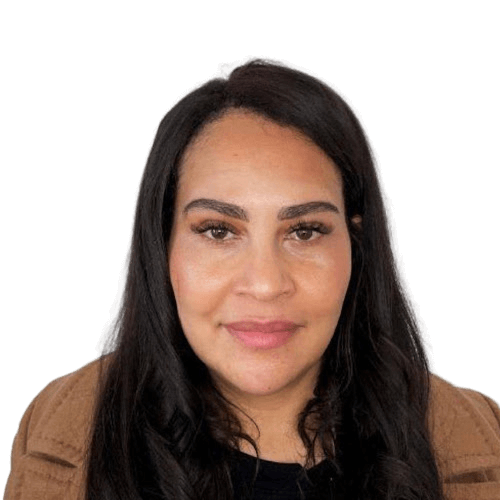How Precision Schooling Encourages Independent Thinking
August 22, 2025 2025-08-28 12:35How Precision Schooling Encourages Independent Thinking
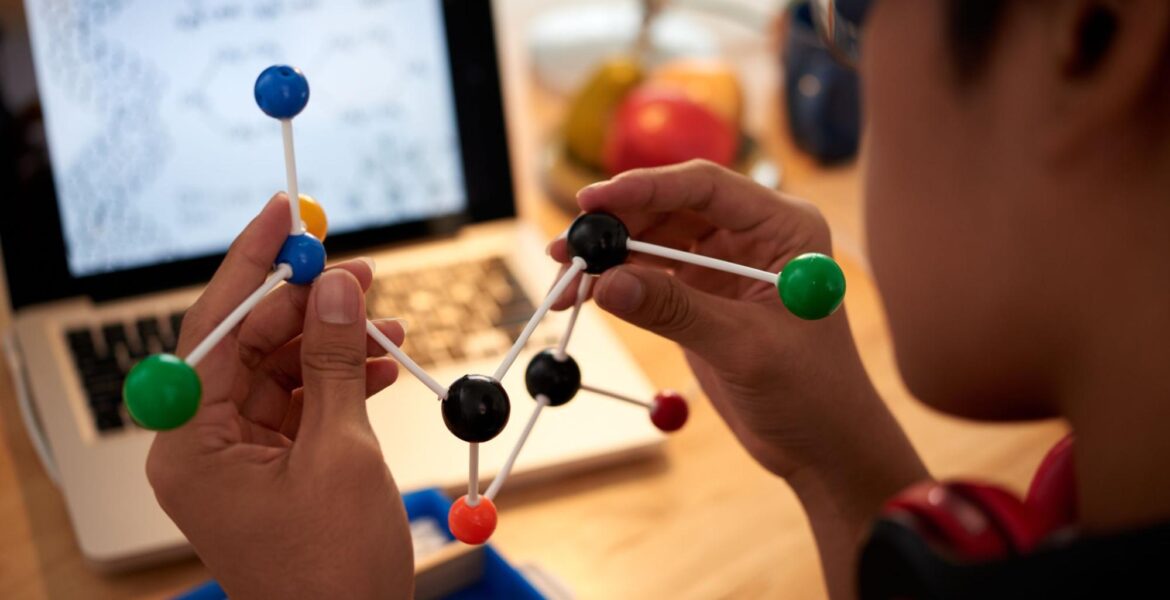
How Precision Schooling Encourages Independent Thinking
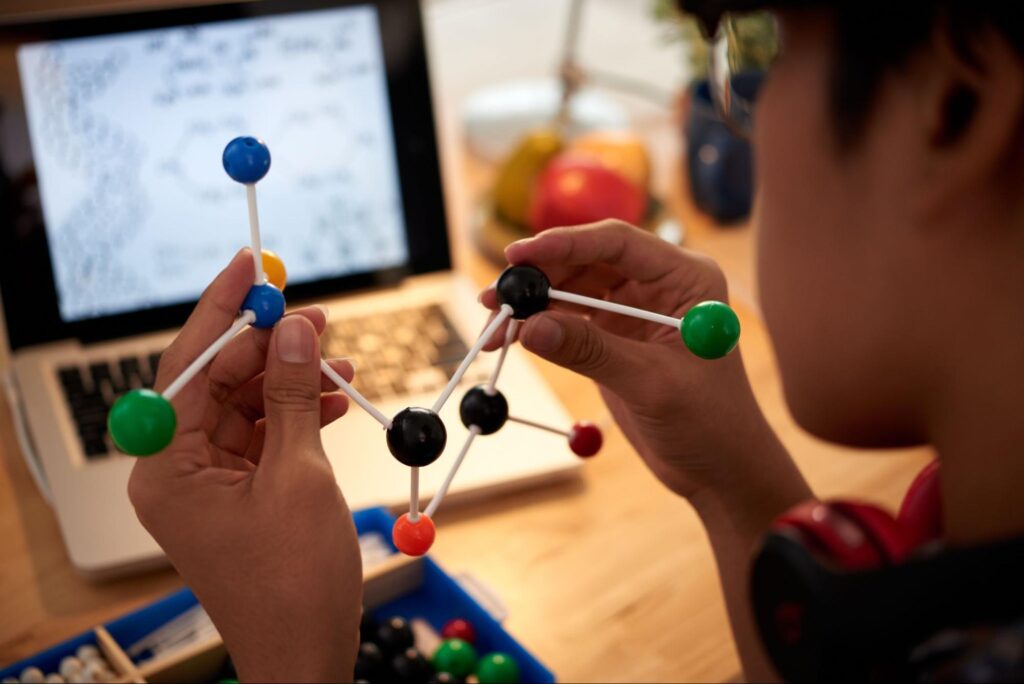
The world today is evolving faster than ever. With technology, globalization, and instant access to information, education can no longer rely on rote learning and standardized testing. Students must learn to ask questions, think critically, and take charge of their own learning journeys.
This shift has led to Precision Schooling, a personalized, neuroscience-backed model that adapts to each child’s pace, style, and strengths. Unlike traditional systems, it makes education individualized, relevant, and empowering. Most importantly, Precision Schooling nurtures independent thinking, critical reasoning, and self-driven learning, preparing children not just for exams but for life.
What Makes Precision Schooling Special?
Every child learns differently. Some grasp ideas visually, others through hands-on practice, and some thrive when they are allowed to explore at their own pace. Precision Schooling acknowledges this fundamental truth and adapts education accordingly.
Instead of confining students to rigid lesson plans, this approach creates a flexible learning ecosystem that celebrates curiosity and independence. Teachers in a Precision Schooling model act more as facilitators and mentors rather than just information providers. Lessons are tailored based on a student’s unique learning profile, which is developed using assessments, observations, and even neuroscience-based insights.
What truly makes Precision Schooling special is its ability to foster independent thinking. Students are not told what to think they are guided on how to think, analyze, evaluate, and question. They become active participants in their learning journey rather than passive listeners.
Precision Schooling and the Role of Critical Thinking
Why Critical Thinking is Essential Today
In the digital age, where information is easily accessible, the real challenge is not acquiring knowledge but evaluating it wisely. A student might find hundreds of answers to a question online, but how do they determine which one is accurate, logical, or ethical? This is where critical thinking becomes vital.
Critical thinking helps students:
- Separate facts from opinions.
- Consider multiple perspectives before forming conclusions.
- Solve problems creatively instead of mechanically.
- Make decisions backed by logic and evidence.
Without critical thinking, education becomes shallow a cycle of memorizing and forgetting. Precision Schooling ensures that this doesn’t happen by weaving critical thinking exercises into the daily school curriculum.
How Precision Schooling Develops Critical Thinking
Unlike traditional classrooms where students often listen passively, Precision Schooling involves them actively. For instance, instead of giving direct answers, teachers may encourage students to explore the “why” and “how” behind concepts.
- Inquiry-Based Learning: Lessons are designed around open-ended questions. A science class, for example, may not simply explain the water cycle but ask students why they think certain climates experience more rainfall.
- Real-World Applications: Students are encouraged to apply classroom knowledge to real-life problems. For instance, in mathematics, rather than solving abstract equations alone, they might calculate the budget for a mock business project.
- Collaborative Discussions: Group projects and debates allow students to hear diverse viewpoints and challenge their own assumptions.
- Problem-Solving Tasks: Precision Schooling integrates activities like puzzles, case studies, and experiments that require deep analysis.
Self-Driven Learning: Empowering Students Beyond the Classroom
What Does Self-Driven Learning Mean?
Self-driven learning is when students take ownership of their education. They do not wait to be told what to study or how to approach problems. Instead, they develop the confidence and discipline to set goals, seek resources, and evaluate their own progress.
This doesn’t mean students are left to figure things out on their own. Teachers provide guidance, but the emphasis shifts from spoon-feeding to empowerment.
Why Self-Driven Learning Matters in Today’s World
The modern workplace values employees who can adapt, learn continuously, and take initiative. Similarly, entrepreneurship, research, and creative professions all demand individuals who can navigate challenges independently. By encouraging self-driven learning, schools equip children with lifelong skills such as:
- Goal-setting and accountability.
- Curiosity and resourcefulness.
- Time management and discipline.
- Adaptability in the face of new challenges.
How Precision Schooling Promotes Self-Driven Learning
Precision Schooling integrates self-driven learning into the school curriculum by:
- Allowing students to choose projects or assignments based on personal interests.
- Using adaptive digital platforms that let students progress at their own speed.
- Encouraging reflection through journals or feedback sessions.
- Teaching students how to identify reliable information sources and use them effectively.
This nurtures independent thinkers who see learning not as a duty but as an exciting, lifelong journey.
Precision Schooling vs. Traditional Education: A Narrative Comparison
Traditional schooling has long been dominated by uniformity. Students are expected to learn the same topics in the same way, regardless of their individual strengths or weaknesses. Tests are standardized, and success is often measured by rote memorization rather than true understanding.
Precision Schooling, on the other hand, shifts this focus. Instead of treating students as a group with identical needs, it recognizes each learner as unique. In a traditional classroom, for instance, a child who struggles with mathematics may fall behind because the curriculum moves at a fixed pace. But in a Precision Schooling environment, that child receives tailored lessons, adaptive exercises, and personalized feedback to master the concept at their own speed.
Moreover, while traditional schools often discourage questioning, Precision Schooling thrives on it. A history class, for example, wouldn’t just ask students to recall dates and names but to analyze why historical events unfolded the way they did and how they impact society today.

In this way, Precision Schooling creates an atmosphere where learning is not about keeping up with the class but about exploring knowledge deeply and independently.
Precision Schooling and Real-World Readiness
One of the greatest strengths of Precision Schooling is its ability to prepare students for life beyond classrooms. Independent thinkers and self-driven learners do not just excel in exams, they thrive in the real world.
By developing critical thinking, adaptability, and problem-solving skills, students are better equipped to handle challenges in higher education, professional careers, and even personal decision-making. They learn not only to seek answers but also to ask the right questions, a skill that is invaluable in industries ranging from technology and healthcare to business and the arts.
Precision Schooling transforms education from a short-term pursuit of grades into a lifelong habit of learning.
Best Practices for Schools and Parents to Encourage Precision Schooling
While Precision Schooling is a structured model, its principles can be integrated by any school or even at home. Some best practices include:
- Encouraging Curiosity: Instead of shutting down endless “why” questions, nurture them. Every question is a window into critical thinking.
- Project-Based Learning: Replace some traditional assessments with projects that require creativity and analysis.
- Use of Technology: Digital learning platforms can provide personalized lessons, making self-driven learning more achievable.
- Mentorship: Teachers should act as mentors who guide, support, and inspire rather than just instruct.
- Soft Skills Development: Alongside academic knowledge, focus on communication, teamwork, and emotional intelligence.
These practices make learning holistic, relevant, and student-driven.
FAQs on Precision Schooling and Independent Thinking
Q1. What is Precision Schooling in simple terms?
Precision Schooling is a personalized education model that adapts to the needs of each child, focusing on critical thinking, self-driven learning, and flexible school curriculums.
Q2. How does Precision Schooling develop critical thinking?
By encouraging inquiry-based learning, real-world applications, and open discussions, Precision Schooling ensures students think independently rather than just memorize information.
Q3. Is self-driven learning realistic for young children?
Yes. With proper guidance, even young students can be encouraged to take responsibility for small goals, gradually building independence and discipline.
Q4. Does Precision Schooling replace traditional methods completely?
It doesn’t eliminate traditional methods but enhances them by making learning more personalized and meaningful.
Q5. How does it prepare students for the future?
Precision Schooling instills adaptability, problem-solving, and lifelong learning habits, which are crucial for success in the modern, rapidly changing world.
Conclusion:
Education is no longer about filling minds with facts; it is about shaping independent, critical, and self-motivated learners. Precision Schooling provides the framework to achieve this by moving beyond rigid structures and embracing flexible, student-focused learning.
By embedding critical thinking, self-driven learning, and adaptive school curriculums, Precision Schooling transforms education into a journey of exploration and empowerment. Students don’t just prepare for exams, they prepare for life.In essence, Precision Schooling is the bridge between traditional learning and future readiness. It equips students not just to succeed academically but to thrive as innovators, problem-solvers, and independent thinkers in a complex world.


